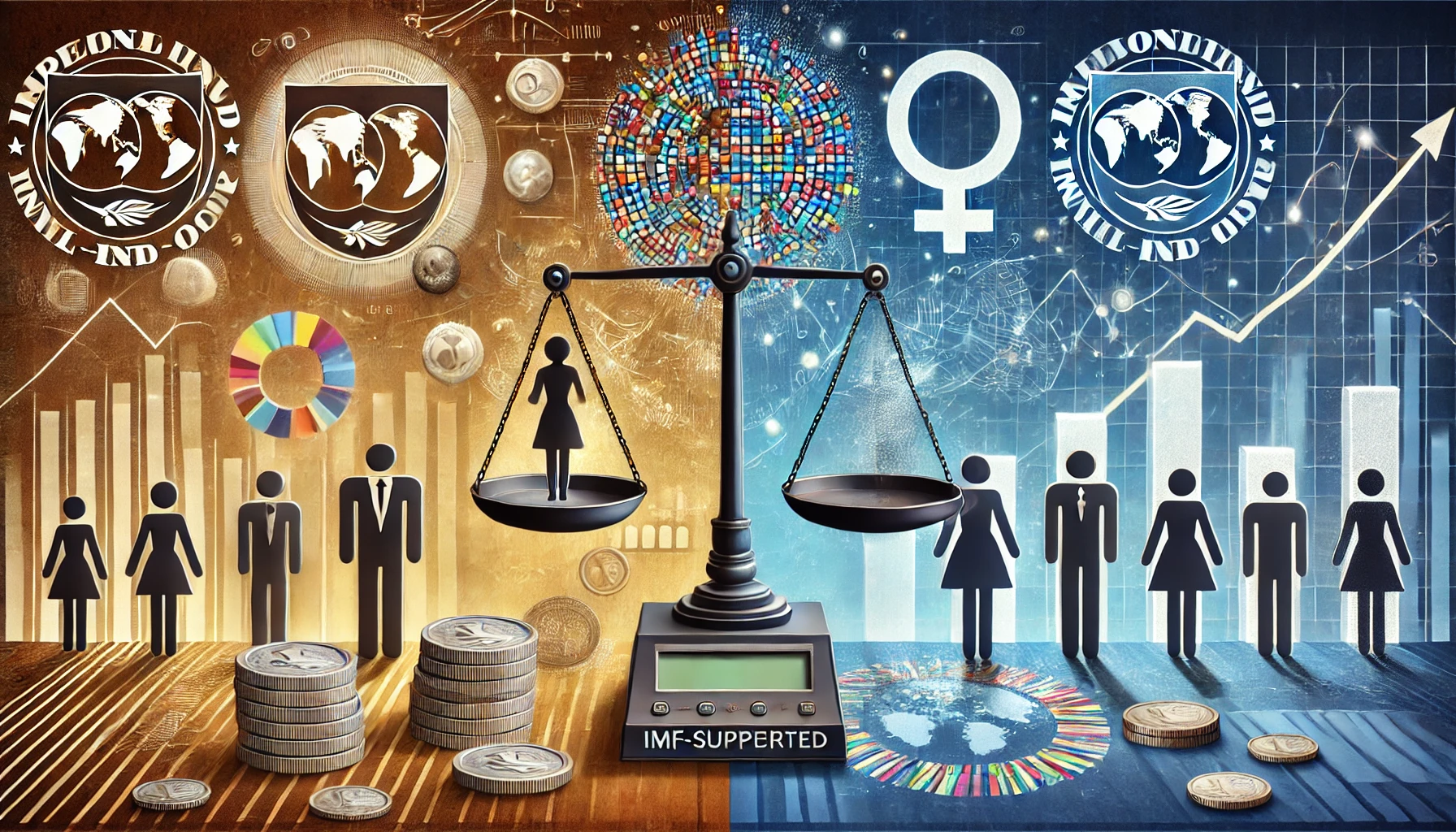New Zealand Records Lowest Gender Pay Gap in History, Now at 5.2 Percent
Minister for Women Nicola Grigg welcomed the results, describing them as a milestone in the journey toward workplace equity.

- Country:
- New Zealand
New Zealand’s gender pay gap has fallen to its lowest level since official records began in 1998, according to new figures released by Stats NZ. The data shows the gap has narrowed from 8.2 percent in June 2024 to 5.2 percent in June 2025, marking the most significant reduction in nearly three decades.
A Landmark Shift for Women in the Workforce
Minister for Women Nicola Grigg welcomed the results, describing them as a milestone in the journey toward workplace equity. “This is fantastic news for women across New Zealand,” she said. Grigg attributed the improvement to a combination of government-led initiatives, stronger economic performance, and a willingness from employers to actively address inequality.
Women’s median hourly earnings have risen to $33.76, reflecting faster wage growth compared to men in the past year. Importantly, this change represents the first statistically significant decline in the gender pay gap since 2017, giving fresh momentum to efforts aimed at economic empowerment for women.
Policy Tools Driving Change
One of the central measures credited with helping businesses confront pay disparities is the government-backed gender pay gap calculator, launched in 2024. The tool allows organisations to measure, disclose, and analyse wage gaps within their workforces. “I want to thank everyone who has taken up the challenge, calculated their pay gap, and taken action to address it,” Grigg noted.
A second iteration of this toolkit is set to be rolled out in the coming months, with a particular focus on ethnic pay gaps, which remain more pronounced. Māori, Pacific, and ethnic minority women continue to experience disproportionate pay inequities, despite the overall progress.
Economic Growth Supporting Progress
The government’s wider economic strategy has also provided a favorable backdrop. With inflation and interest rates easing, wages rising faster than the cost of living, and economic growth forecast to average 2.7 percent annually, the country is expected to generate 240,000 new jobs over the next four years.
“This is about creating an environment where incomes grow across the board and where women, in particular, are not left behind,” Grigg said. The government argues that strengthening economic fundamentals directly supports efforts to close pay gaps by expanding opportunities in high-growth industries and lifting living standards overall.
Businesses Playing Their Part
The progress has also been attributed to a cultural shift among New Zealand businesses. Increasingly, employers are recognising the reputational and productivity benefits of closing pay gaps and are implementing policies such as pay transparency, equitable hiring, and family-friendly workplace practices.
“I’m incredibly proud of the businesses that have leaned into addressing their gender pay gaps,” Grigg remarked. She emphasised that pay equity is not only a fairness issue but also a driver of economic growth, as inclusive workplaces improve retention, innovation, and overall performance.
Challenges Ahead
Despite the positive news, challenges remain. The persistence of wider pay gaps for women from specific ethnic groups highlights the need for targeted interventions. Additionally, women remain underrepresented in senior leadership roles across many industries, and occupational segregation continues to influence overall pay levels.
Grigg acknowledged these realities but stressed that momentum is building. “We know there is more to do to keep growing incomes and closing the pay gap, and I encourage all employers to make this a priority.”
Looking Forward
As New Zealand celebrates this record-low gender pay gap, policymakers, businesses, and community groups are being urged to continue pushing for further progress. The government’s next step—launching the expanded pay gap toolkit—aims to build on current momentum and ensure all women, regardless of ethnicity, benefit equally from the country’s economic growth.
“Our Government is focused on supercharging the economy so that all New Zealanders are better off, including women and girls across the country,” Grigg said.










